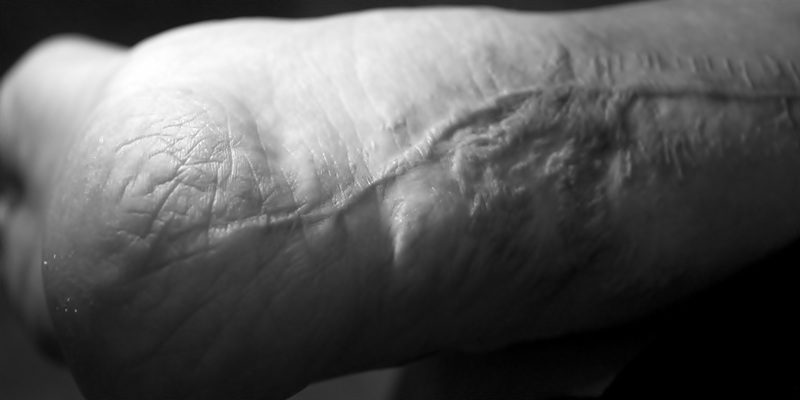An Edzell company believes just one dose of insulin could reduce or prevent unsightly scarring after surgery.
PharmEcosse Ltd has been given the go-ahead to test the treatment in patients and believes millions of people in the UK alone could benefit.
Clinical trials are due to start this month in women having breast surgery. The patients will be having operations to boost or reduce the size of their breasts and the first trial will not involve breast cancer patients.
Dr Neil Murray, chief executive of the pharmaceutical company, said, “We’re a young business and our first project has the potential to become standard of care in the reduction and prevention of surgical scars.”
Investigations have found that insulin, commonly used to treat diabetes, can speed up healing by “switching off” the wound-healing process before it forms a scar. Studies to date have shown insulin can significantly reduce or prevent the formation of scar tissue after surgery.
This will be the first time the hormone has been used in this way following research that has taken place over the past 14 years.
Dr Claire Linge, head of research at PharmEcosse, which is backed by Scottish Enterprise’s Scottish Seed Fund, said millions of people in the UK who undergo surgery every year could potentially be helped by this treatment.
She said, “We have been looking into the use of different components to prevent or reduce scar tissue over 14 years. Insulin was found to control the activity of the key cells involved in wound closure and subsequent scar formation.
“This means the wound closes, but the build-up of scar tissue slows down or stops.Quick and easy”Importantly, we have found that insulin can be successfully used as a single dose at the time of surgery and so it is a quick and easy process.
“Around six million people in the UK undergo surgery every year and potentially they could be helped by this treatment.”
The clinical trials will be carried out by Mr Charles Nduka, consultant plastic and reconstructive surgeon at the McIndoe Surgical Centre and the world-renowned Queen Victoria Hospital in East Grinstead.
Mr Nduka said, “In my experience, scarring affects patients mentally as well as physically, particularly if it is in a prominent position on the body. Therefore this treatment has the potential to revolutionise people’s lives.
“At this stage, the trials will take place on women who are undergoing non-cancer surgery so we are able to administer the insulin on one breast and a placebo on the other. We are therefore looking for ladies who are thinking of having breast augmentations or reductions to take part.
!Patients will be monitored over 12 months following surgery, bBut there is no reason why this couldn’t be used for anyone who has suffered skin injuries either from surgery or after an accident. Therefore, for example, in the future it could also be used for patients who have undergone surgery to treat cancer.
“Insulin is an everyday drug, but it has the potential to change people’s lives the world over,” he said.
Photo used under Creative Commons licence courtesy of Flickr user lisahumes.
